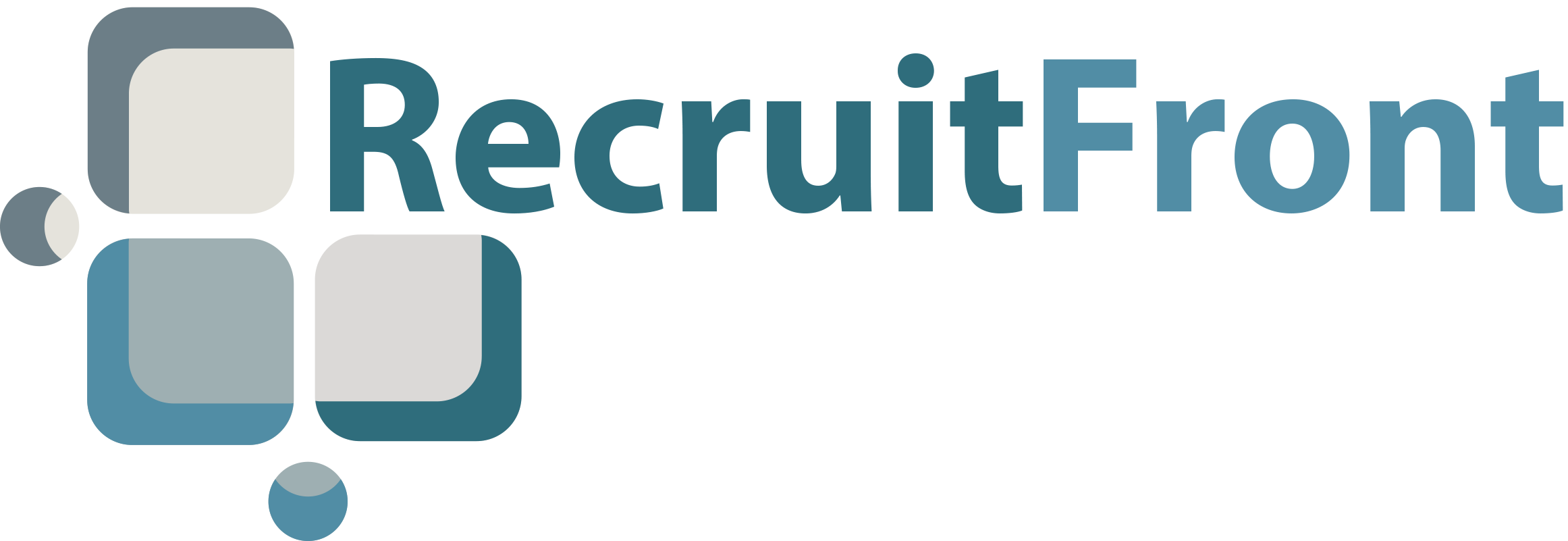Negotiation Strategies for Unionized Jobs
So you landed the perfect job in a unionized organization – congratulations! But before popping the champagne, remember there's still room to tailor the offer to your needs. Negotiation in a unionized environment might seem different, but it's still an opportunity to advocate for yourself and secure a great starting point. Here's what you need to know to become a negotiation pro within the union framework:
Know the CBA (Collective Bargaining Agreement):
This is the rulebook! The CBA outlines salary scales, benefits packages, and often even working conditions for your specific position and experience level. Understanding these parameters will set realistic expectations and guide your negotiation points.
Focus on What's Negotiable:
Start Date & Schedule: Can you negotiate a later start date to accommodate personal needs? Within scheduling limitations, discuss preferred work hours or shift differentials (if applicable).
Signing Bonus: Some unions allow signing bonuses to attract top talent.
Professional Development: Can the employer provide additional training or conference stipends beyond the CBA?
Non-Monetary Benefits: Negotiate for extra vacation days, relocation assistance, or a more desirable work location (if options exist).
Limited Negotiation Points:
Salary: Union contracts establish salary scales based on experience and qualifications. There might be limited wiggle room, but you can always inquire about placement within the pay scale based on your unique experience.
Benefits: Health insurance, retirement plans, and paid time off are typically set by the CBA and unlikely to be individually negotiable.
Negotiation Tips:
Be Informed: Research market rates for your position to strengthen your case for non-salary benefits.
Work with Your Union Rep: They're experts in the CBA and can advise on appropriate negotiation strategies.
Focus on Value: Highlight your skills and experience to demonstrate why you deserve strong consideration for any negotiable points.
Be Collaborative, Not Combative: Negotiation is about finding common ground, so maintain a professional and respectful approach.
Remember:
A unionized environment offers the security of a pre-determined contract, but there's still space to personalize your offer. By understanding the boundaries and focusing on what's negotiable, you can leverage your skills and experience to secure a satisfying starting package that sets you up for success in your new role.
